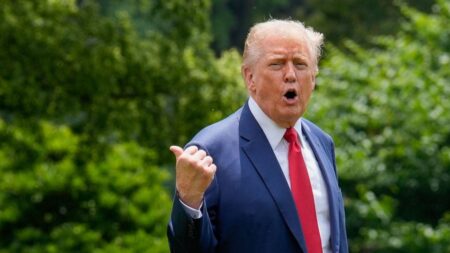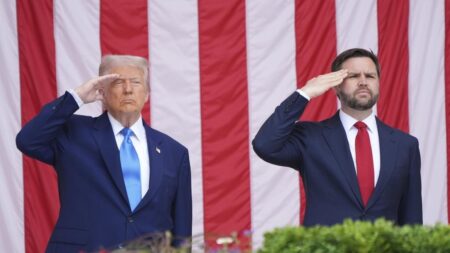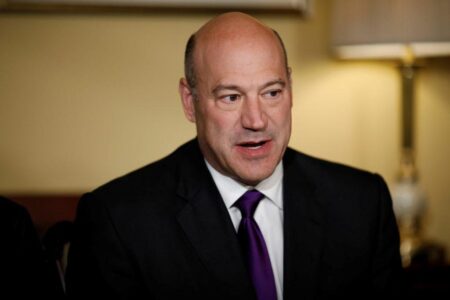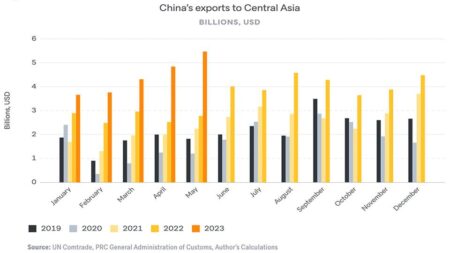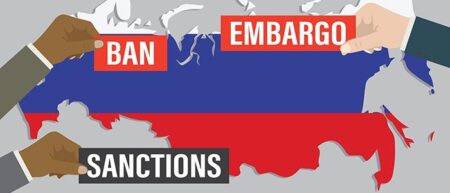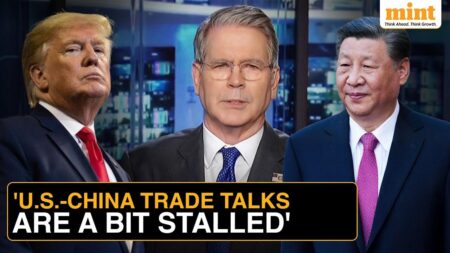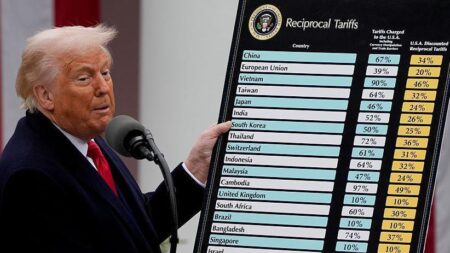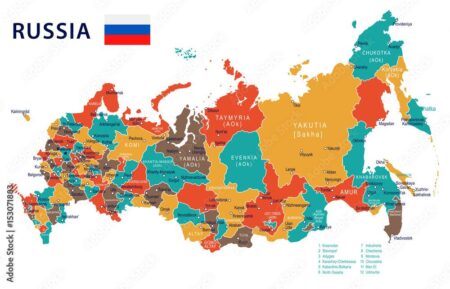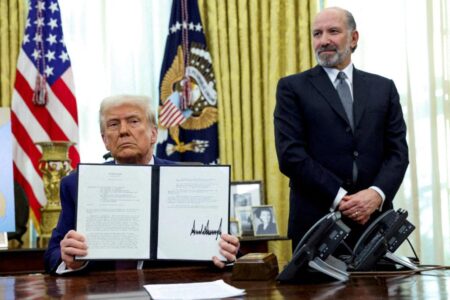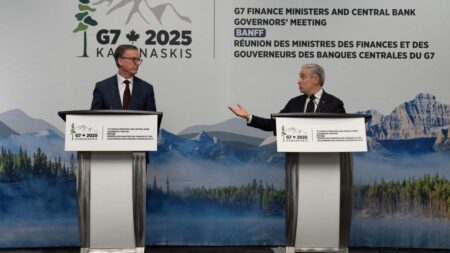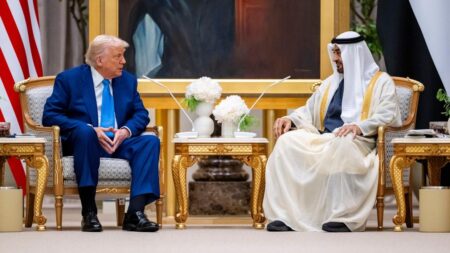China has uncovered a critical vulnerability in global trade networks and plans to leverage this insight to expand its strategic influence, signaling potential major shifts in the future of international commerce, Bloomberg reports
Browsing: global economy
Former President Donald Trump enthusiastically hailed a breakthrough “deal” with China, highlighting major progress on tariffs and promising ongoing talks. Yet, skeptics remain doubtful about the real impact and long-term value of the agreement
India is surging ahead of China, the US, EU, and Germany in economic growth, driven by robust domestic demand, lightning-fast digital adoption, and groundbreaking manufacturing reforms-signaling a powerful shift in the global economic landscape
A Trump economic adviser expressed strong confidence Monday that a trade deal with China is on the verge of being finalized, highlighting significant progress in the talks despite ongoing tensions. While key details are still being ironed out, an agreement could be reached very soon
China’s exports to the US have plunged dramatically just before critical trade talks, spotlighting rising tensions and uncertainty in this crucial economic relationship. This steep drop exposes growing challenges within the world’s largest trade partnership
Senator Lindsey Graham’s proposed sanctions bill targets Russia head-on but could unintentionally disrupt U.S. trade with major global partners, raising concerns about economic fallout and strained international ties, Politico reports
The United States and China are gearing up to meet in London on Monday for pivotal trade talks, aiming to ease ongoing tensions and explore fresh opportunities for collaboration amid persistent economic disputes, Reuters reports
The International Monetary Fund is urging Germany to take bold action by rolling out reforms that will turbocharge productivity and ignite fresh investment. By championing innovation and creating a more flexible labor market, Germany can unleash sustained economic growth and cement its status as Europe’s economic powerhouse
President Trump intensifies his drive for fresh trade agreements amid rising concerns that tariffs could disrupt the global economy. Stay with Yahoo Finance for the latest updates on unfolding negotiations and market reactions
The RBA is poised to deliver rapid rate cuts if economic instability arises from Trump’s policies, according to minutes that highlight a determined commitment to strengthening Australia’s economy amid global uncertainties
Japan calls President Trump’s tariffs a “national crisis,” highlighting their devastating impact on its export-driven economy. These measures put critical industries at risk, intensifying tensions in U.S.-Japan trade relations during crucial negotiations
Nvidia CEO Jensen Huang warns that China’s AI restrictions are threatening America’s tech leadership, potentially reshaping the global AI landscape and ramping up the stakes in the fierce geopolitical technology race
In “India Rises: Shashank Mani’s 5,000-Mile Paths To Prosperity,” Forbes delves into the groundbreaking strategies fueling India’s remarkable economic growth. Mani’s forward-thinking vision shines a spotlight on pivotal sectors and lucrative investment opportunities that are sculpting the nation’s promising future
Russia is gearing up for another round of sanctions, ramping up the pressure on its already beleaguered economy. Yet, President Putin has faced economic hurdles in the past and may have a few tricks up his sleeve to soften the blow once more.
In a dramatic turn of events, former President Trump has intensified his threats against tech titans such as Apple and Samsung, along with the European Union. This bold maneuver marks a significant escalation in the ongoing trade war, raising concerns about its potential ripple effects on global markets
The recent “Choose France” summit has successfully attracted a staggering 20 billion euros in new investments, drawing global leaders and top business executives to the heart of the nation. This ambitious initiative is designed to supercharge France’s economy and entice foreign capital, highlighting its rising status as a vibrant business hub.
In a pivotal gathering in Canada, G7 finance leaders came together to tackle the pressing issue of non-tariff barriers, seeking a cohesive strategy amidst escalating global trade tensions. Yet, the path forward may be fraught with challenges, as U.S. officials are likely to prioritize their own domestic interests, potentially complicating these crucial discussions.
In a powerful display of unity, G7 finance ministers have reaffirmed their unwavering support for Ukraine in its ongoing struggle against Russian aggression. This collective commitment highlights the importance of sustained financial assistance and strategic sanctions as vital tools to strengthen Ukraine’s resilience during these challenging times.
The U.S. dollar may be on the brink of a further decline as enthusiasm for ‘Brand USA’ wanes. Analysts suggest that changing global perceptions and various economic factors could weaken the currency’s position in the months ahead.
Former President Trump’s recent tariff truce with China has sparked a wave of concern regarding the United States’ credibility in trade negotiations. Critics warn that by easing pressure on Beijing, the U.S. may be jeopardizing its commitment to fair trade practices and its role as a leader in the global economy.

